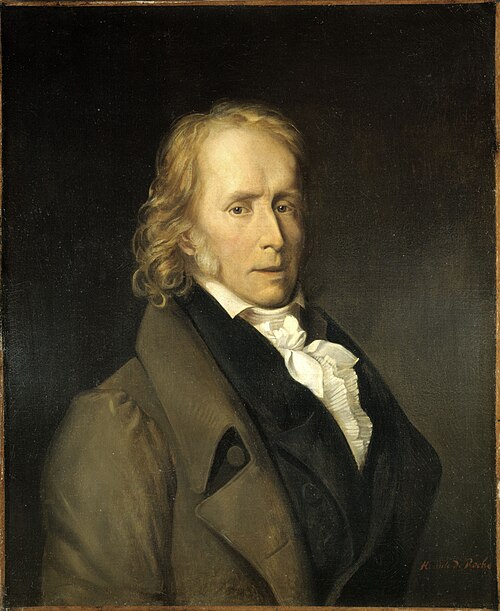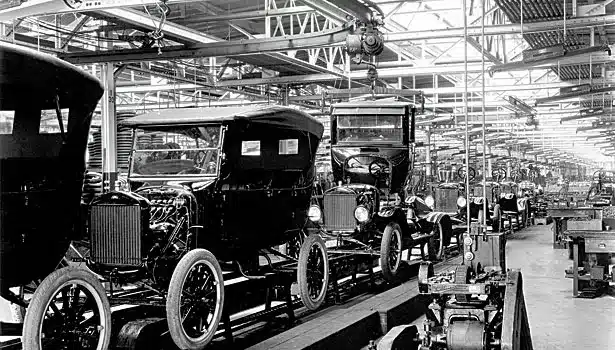"If, despite impressions, the long-term trend, though halting and incomplete, is that violence of all kinds is decreasing, I think that calls for a rehabilitation of the ideals of modernity and progress, and it's a cause for gratitude for the institutions of civilization and enlightenment." --Steven Pinker

TGIF: Defending Israeli Mass Murder Isn’t Easy
Although much has already been said, I can't not comment on Sarah Hurwitz, the former Hillary Clinton and Barack Obama speechwriter, who faults young people (especially young Jews) for applying their power of abstraction in thinking about the Holocaust. What do I mean by that? Hurwitz thinks (or says she does) that the TikTok generation makes a big mistake by drawing general lessons from the National Socialist regime's mass murder of European Jews last century. She is dismayed that young people have concluded that powerful bad people, no matter who they are, should not harm weak people, no...

TGIF: Socialism with a Fig Leaf
What work does democratic perform in the phrase democratic socialism? It's a fig leaf intended to conceal what would presumably be repugnant to most people: the coercive regimentation inherent in socialism, whether international (Marxist) or national (fascist). Socialism has a nasty record dating back to 1917, so socialists have felt compelled to clean up its image. Democracy is supposed to do the cleaning up. But does it? Could it? Before we get to that, we should remind ourselves that no single conception of socialism exists. In one version, socialism denotes central economic planning, the...
What’s Wrong with Young People?
A former Obama speechwriter faulted young people for having the faculty of abstraction when thinking about the Holocaust, genocide, Israel, and the Palestinians.

TGIF: The Capitalist-Socialist Asymmetry
Free-marketeers have long pointed out a particular asymmetry between capitalism and socialism (whether of the international or national variety). While anyone in a capitalist society would have a right to engage in socialism (as anyone can do now in our hampered market economy), the reverse would not hold: under socialism—that is, a centrally planned economy, democratic or not—no one would be free to engage in "capitalist acts between consenting adults" (to use Robert Nozick's phrase from Anarchy, State, and Utopia). It would upset the plan. In other words, in a fully free society, no legal...
Orwell on Socialists
"The truth is that, to many people calling themselves Socialists, revolution does not mean a movement of the masses with which they hope to associate themselves; it means a set of reforms which ’we’, the clever ones, are going to impose upon ’them’, the Lower Orders." —George Orwell, The Road to Wigan Pier, 1937

TGIF: Benevolent Self-Interest
The most famous sentence in Adam Smith's 1776 treatise, An Inquiry into the Nature and Causes of the Wealth of Nations, appears in Book I, Chapter 2: It is not from the benevolence of the butcher, the brewer, or the baker, that we expect our dinner, but from their regard to their own interest. It's a beautifully written sentence (except that he should have twice written "his" instead of "their"). He might have written, "It is not from the benevolence of producers that we expect consumer goods, but from their attending to their businesses." Ho hum. Who would have remembered it? More...
Abolish the Corporation Tax and All Other Taxes on Investment
Corporate taxes and other taxes on investment constitute double and sometimes triple taxation. That's more unjust than taxation of labor or consumption. Businesses can't pay taxes; only people can. But who pays business taxes need bear no relation to whom the lawmakers targeted. The corporate tax has been known to reduce wages and dividends (to retirees of moderate wealth) and indirectly to increase prices to consumers. How's that help anyone? Capital accumulation is what raises labor productivity and wages. Thus, taxes on capital steal from workers, among others. As economist Roy Cordato...









